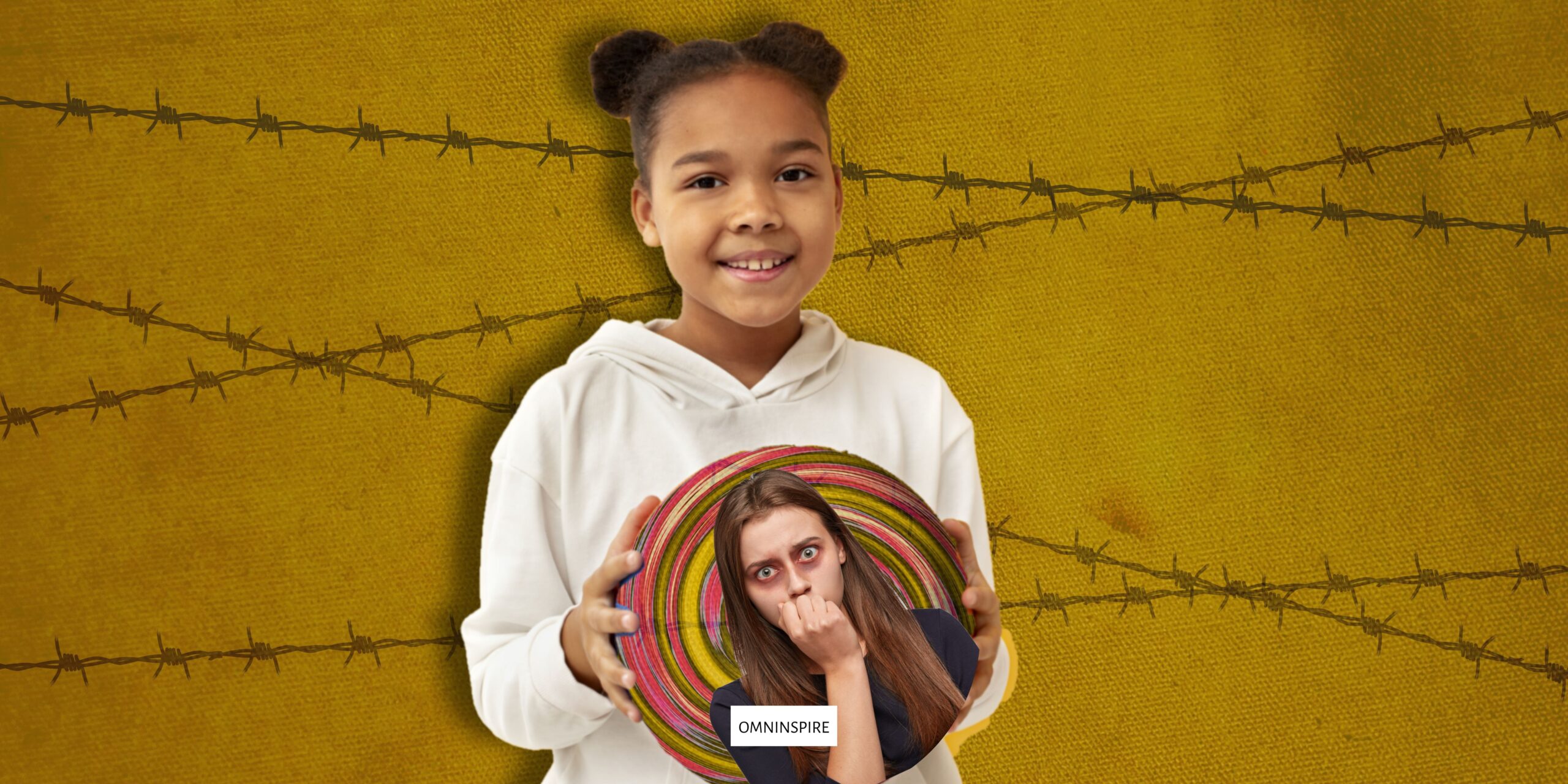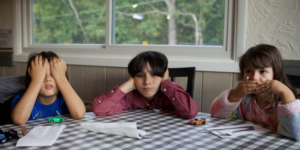Picture Source : Freepik
Edited By : OMNINSPIRE
In the intricate dance of parenting, the roles of parent and child have traditionally been well-defined. Parents provide guidance, discipline, and care, while children learn, grow, and eventually transition to independence. However, contemporary family dynamics often blur these roles, leading us to ponder: “Who is parenting whom?” This question reflects significant shifts in the way families interact and function, influenced by societal changes, economic pressures, and evolving cultural norms and the eventual role reversal in parenting. This article delves into the nuances of these role reversals, examining their causes, implications, and how families can navigate these complex dynamics.
If you bungle raising your children, I don’t think whatever else you do matters very much.
Jackie Kennedy
Role Reversal in Parenting: Children as Caregivers
One of the most poignant examples of role reversal in parenting occurs when children become caregivers for their parents. This situation is increasingly common due to factors such as an aging population, longer lifespans, and economic challenges. According to the National Alliance for Caregiving, nearly one in five caregivers is under the age of 18. These young caregivers often balance school, extracurricular activities, and social lives with significant responsibilities at home, such as managing household chores, administering medication, and providing emotional support.
This role reversal can lead to a range of emotional and psychological effects on children. While it can foster resilience, empathy, and maturity, it can also contribute to stress, anxiety, and burnout. Children in caregiving roles may struggle with academic performance, social isolation, and the typical developmental tasks of adolescence. Moreover, this dynamic can alter the parent-child relationship, leading to feelings of guilt, resentment, or over-dependence.
Permissive Parenting: When Children Rule the Roost
Another form of role reversal is evident in households where permissive parenting prevails. Permissive parents are characterized by their lenient approach, often avoiding confrontation and allowing children to set their own rules and boundaries. This parenting style can stem from various motivations, including a desire to avoid conflict, compensate for time spent away from children due to work commitments, or an attempt to befriend their children rather than parent them.
In permissive households, children may wield considerable influence over family decisions, effectively “parenting” their parents. While this can foster a sense of independence and confidence in children, it often leads to difficulties in self-regulation, authority issues, and a lack of respect for boundaries. Without appropriate limits and guidance, children may struggle with academic and social challenges and find it difficult to navigate structured environments like school or future workplaces.
Helicopter Parenting: Over-Involved Parents
Conversely, helicopter parenting represents a scenario where parents are excessively involved in every aspect of their children’s lives. These parents hover over their children, closely monitoring and intervening in their activities to ensure success and protect them from failure. This over-involvement can lead to a form of role reversal where children become overly reliant on their parents for decision-making, problem-solving, and even basic daily tasks.
Children of helicopter parents may face difficulties in developing autonomy, critical thinking, and coping skills. The lack of opportunities to experience failure and learn from mistakes can impede their ability to handle stress and challenges independently. Furthermore, the pressure to meet high parental expectations can contribute to anxiety, depression, and a fear of failure.
Cultural and Generational Shifts
Cultural and generational shifts also play a significant role in redefining parenting roles. Modern parents face a different set of challenges compared to previous generations, including technological advancements, social media influence, and changing economic landscapes. These factors can alter the traditional parent-child dynamic, often requiring a more collaborative approach to parenting.
For instance, technology has significantly impacted family interactions. Children today are digital natives, often more adept at navigating technology than their parents. This can create situations where children teach their parents how to use digital tools, manage social media, or understand new technological trends. While this can foster mutual respect and learning, it can also shift the balance of authority and expertise within the family.
Additionally, economic pressures and changing work environments have led to more dual-income households and non-traditional work schedules. This often necessitates a more flexible and shared approach to parenting duties. In such scenarios, children may take on more responsibilities at home, contributing to the role reversal dynamic.
Navigating Role Reversal in Parenting
Navigating the complexities of role reversals in parenting requires a balanced approach that acknowledges the changing dynamics while maintaining the core responsibilities of parenting. Here are some strategies for families to consider:
Open Communication: Establishing open lines of communication is crucial. Parents and children should feel comfortable discussing their feelings, expectations, and challenges. Regular family meetings can provide a platform for addressing issues and finding solutions collaboratively.
Setting Boundaries: Clear and consistent boundaries are essential for maintaining a healthy parent-child relationship. Parents should strive to balance authority with empathy, providing guidance while allowing children to express their independence within appropriate limits.
Encouraging Independence: While support is vital, parents should encourage their children to develop problem-solving skills, make decisions, and learn from their mistakes. This helps build resilience and confidence, preparing children for adulthood.
Seeking Support: Families facing significant role reversals, such as caregiving situations, may benefit from external support. This can include counseling, support groups, or respite care services to alleviate the burden on young caregivers and provide emotional support.
Adapting to Change: Recognizing and adapting to cultural and generational shifts is important. Parents should stay informed about technological trends and societal changes, embracing opportunities for mutual learning and growth.
The question “Who is parenting whom?” underscores the evolving nature of family dynamics in contemporary society. Whether through role reversals, permissive or helicopter parenting, or cultural and generational shifts, the traditional boundaries between parent and child are increasingly fluid. While these changes can present challenges, they also offer opportunities for growth, empathy, and mutual respect within the family unit.
By embracing open communication, setting clear boundaries, encouraging independence, seeking support, and adapting to change, families can navigate these complexities successfully. Ultimately, the goal is to foster a balanced and nurturing environment where both parents and children can thrive, supporting each other’s growth and well-being in an ever-changing world.







